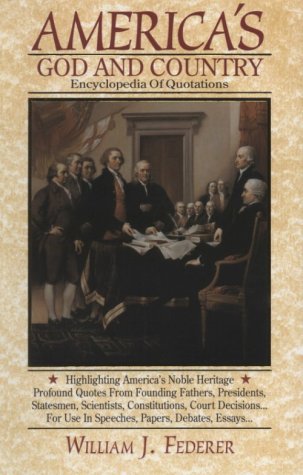“Mark Twain,” a river measurement meaning 12-feet-deep, was the pen name of
Samuel Langhorne Clemens.
Growing up on the Mississippi, Clemens left school at age 12 when his father died.

He became a printer’s apprentice, then piloted steamboats till the War between the States suspended river traffic.

Samuel Langhorne Clemens joined the Confederates, but after 2 weeks obtained a discharge to work for his brother Orion, who was secretary to Nevada’s Governor.

After an attempt at mining, Clemens became a reporter in Virginia City, Nevada, using the name “Mark Twain” for the first time.

He moved to California, and in 1866, sailed to Hawaii as a reporter.

In 1867, a newspaper funded his voyage to the Mediterranean.

While on this trip, he saw the picture of his friend’s sister, Olivia Langdon of Elmira, New York. Immediately upon his return, he met and married her.

In his book Innocents Abroad, 1869, which established his reputation as a writer, Mark Twain described Syria under the Ottoman Turkish Empire:
“Five thousand Christians … were massacred in Damascus in 1861 by the Turks …

… Narrow streets ran blood for several days, and that men, women and children were butchered indiscriminately and left to rot by hundreds all through the Christian quarter … the stench was dreadful.

… All the Christians who could get away fled from the city, and the Mohammedans would not defile their hands by burying the ‘infidel dogs.’

… The thirst for blood extended to the high lands of Hermon and Anti-Lebanon, and in a short time twenty-five thousand more Christians were massacred …”

Mark Twain described Jerusalem under Ottoman Muslim rule:
“Rags, wretchedness, poverty and dirt, those signs and symbols that indicate the presence of Moslem rule.”

Get the book What Every American Needs to Know About the Qur’an-A History of Islam & the United States

Mark Twain wrote the best-selling books:
-Tom Sawyer (1876);
-Prince and the Pauper (1882);
-Life on the Mississippi (1883);
-Huckleberry Finn (1884);
-Connecticut Yankee at King Arthur’s Court (1889); and
-Joan of Arc (1896).
 Of his reverent portrayal of Joan of Arc, Twain stated in 1908:
Of his reverent portrayal of Joan of Arc, Twain stated in 1908:
“I like Joan of Arc best of all my books, it is the best.”
Mark Twain wrote:
“Twenty years from now, you will be more disappointed by the things that you didn’t do than by the ones you did do …
Sail away from the safe harbor. Catch the trade winds in your sails. Explore. Dream. Discover.”

“Love seems the swiftest, but it is the slowest of all growths. No man or woman really knows what perfect love is until they have been married a quarter of a century.”

“When in doubt, tell the truth.”

“Always do right. That will gratify some of the people, and astonish the rest.”

Mark Twain started a publishing business, but it failed. He paid off his debts by lecturing across America.

Mark Twain persuaded former Ulysses S. Grant to write his Civil War memoirs.

He met Harriet Beecher Stowe and Frederick Douglass.

Twain was friends with Nikola Tesla and spent time in his science laboratory.

Thomas Edison visited Twain at his home in Redding, Connecticut, in 1909, and even filmed him.

Twain was awarded an honorary doctorate from Oxford University in 1907.

Answering Bible skeptics, Mark Twain said:
“If the Ten Commandments were not written by Moses, then they were written by another fellow of the same name.”

Twain’s religious views fluctuated from being sarcastically irreligious, ridiculing organized religion, declaring “the universe is governed by strict and immutable laws”;
to raising money to help build a Presbyterian Church, and stating “the goodness, the justice, and the mercy of God are manifested in His works.”

Twain’s daughter Clara related:
“Sometimes he believed death ended everything, but most of the time he felt sure of a life beyond.”

Mark Twain stated in 1909:
“I came in with Halley’s Comet in 1835. It is coming again next year, and I expect to go out with it.
It will be the greatest disappointment of my life if I don’t go out with Halley’s Comet. The Almighty has said, no doubt: ‘Now here are these two unaccountable freaks; they came in together, they must go out together.'”

The day after Halley’s Comet made its nearest approach to the Earth, Mark Twain died APRIL 21, 1910, having his funeral in New York’s “Old Brick” Presbyterian Church.

Mark Twain stated:
“Patriotism is supporting your country all the time and your government when it deserves it.”
